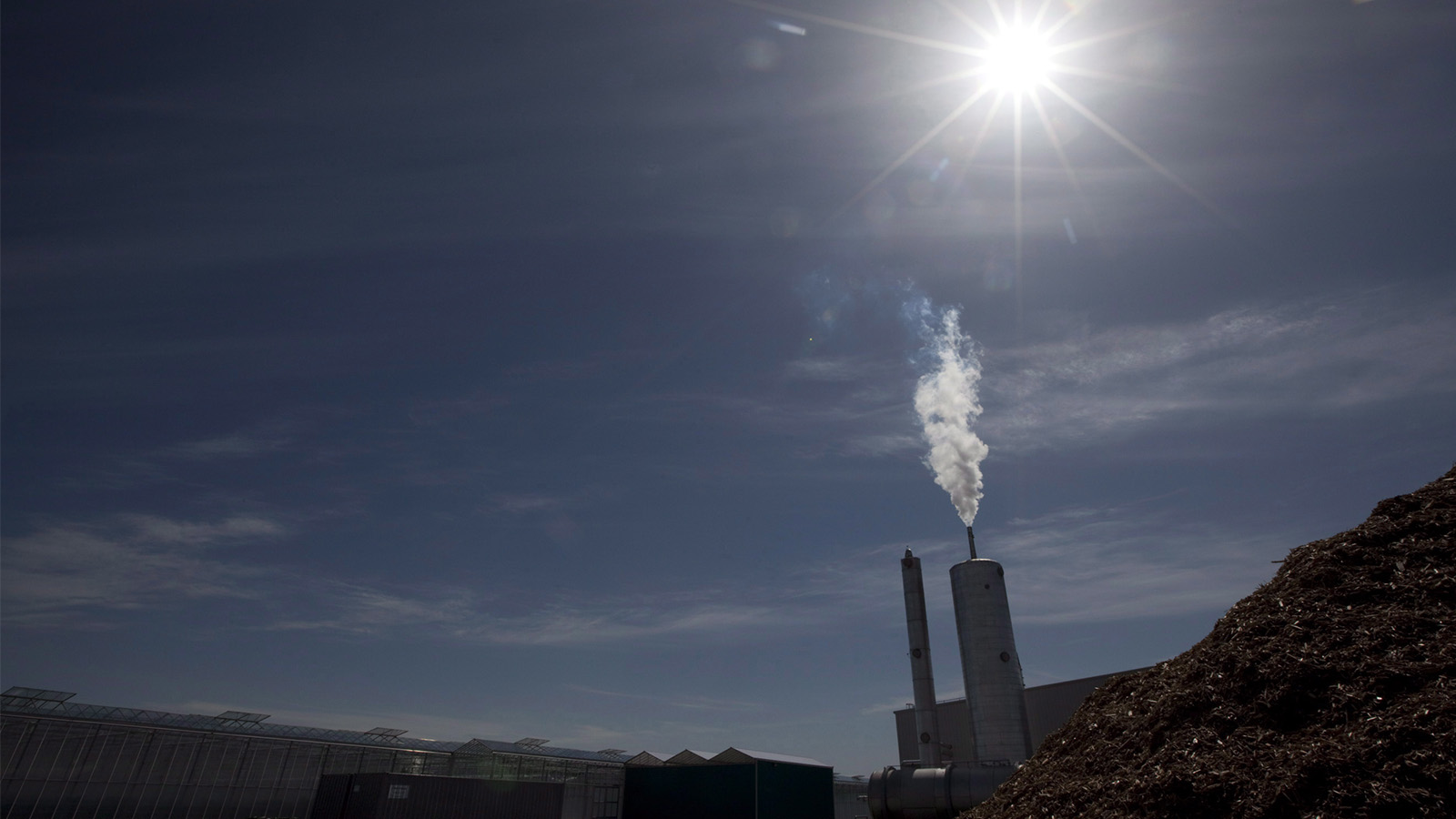Talking points: On a Brexit date and raised floodgates
Check out our Talking Points — short takes on the week’s news. (Sound like the smartest person in the room.)
Share

Welcome home
Not since western settlement in the early 1910s has Canada ushered in as many immigrants and refugees in a single 12-month period as it did in the past year, Statistics Canada says. The 320,932 newcomers, which include the surge of Syrian refugees, is a partial step toward keeping Canada’s economy from a demographic crisis borne by retiring Boomers. Aware it’s not enough, Immigration Minister John McCallum wants to “substantially” increase migrant numbers in a new plan this fall. Canadians, employers and otherwise, should get more welcome mats ready.
Clearing the air
Justin Trudeau’s declaration that all provinces must have carbon pricing plans by 2018 (and a $50/tonne tax by 2022) brought his term’s first provincial minister walkouts—three!—and prompted Alberta to tie its support to bitumen pipeline approval. But his flash of toughness should be commended. Neither Canadian climate action nor a national economy can work well without consistent, progressive carbon taxes. They are efficient and sensible market-driven tools to curb emissions across sectors. Trudeau’s next task will be tougher: efficient and sensible negotiations with embittered provinces.
Blue eyes
The U.S. Department of Justice has newly pledged $20 million for body-worn cameras for police officers in 32 states, the latest vote of confidence that this technology can de-escalate officer interactions and improve accountability in an anxious age. In a study in Orlando, officers wearing cameras were 53 per cent less likely to use force. In a broader Cambridge University study of police cameras in the U.K. and U.S., citizen complaints against police dropped by 93 per cent. By 2017, all Calgary frontline officers must wear cameras, and Toronto Police Service has recommended it follow suit. Cameras are costly, but so is lingering public distrust.
Made in Japan
The world bows to you this week, Japanese researchers. Biologist Yoshinori Ohsumi won the Nobel Prize in Medicine for discoveries on how cells break down and recycle content, a disposal system that could help researchers fight cancer, Alzheimer’s and other diseases. Meanwhile, Toyota unveiled the $514 Kirobo Mini, a tiny, conversation-loving robot who keeps lonely people company. Here’s to long life, and the battery-powered critters that make it worth living.

No end in sight
The U.S. this week halted talks with Russia about resolving the Syrian civil war. Despite signing a ceasefire agreement in September (an earlier attempt already proved futile in February), Russia has persistently bombed rebel-held areas in Aleppo. The war has raged for 5½ years, killing around 400,000 and displacing 11 million people. No resolution has ever been on the horizon, but this latest international standstill means Russia will be emboldened, and Syrian dictator Bashar al-Assad will continue to wage his catastrophic war.
Britain gets a Brexit date
At a Conservative Party conference, British Prime Minister Theresa May announced plans to invoke Article 50 of the Lisbon Treaty in March, the earliest chance to formally notify the commission of the EU of Britain’s intentions. Triggering the divorce clause promises to spark debate about the terms of Brexit—a portfolio for Brexit Secretary David Davis and his newly formed Department for Exiting the European Union (Davis wanted to call it Department X). The department has 500 employees and 2½ years. Says Davis, “If it goes right there will be much more than enough credit to go round, and if it goes wrong there will be plenty of blame to go round. But I don’t worry about all that.” Estimated date of departure: March 2019.
Stranger danger
Kim Kardashian West was robbed at gunpoint in a luxurious Paris apartment. She was alone when two men broke in and stole approximately $9 million in jewellery, much of which she had flaunted while out at dinner earlier that evening. It’s another black mark for a city that has suffered so much lately. What has this world come to that a reality-TV star can’t go out wearing a 20-carat emerald cut diamond ring?
Duty-free
In possibly the most Canadian crime ever, a retired RCMP officer has been convicted of smuggling narwhal tusks from Saint John, N.B., to Maine. Gregory Logan, 59, smuggled 250 tusks since before he retired from duty in 2003. The goods, a collector’s item which he hid in compartments of his vehicle, were worth $1.5 million to $3 million. Narwhals are a protected endangered species and cannot be legally imported to the United States without a permit. Logan faces 10 charges of money laundering, which could earn him up to 20 years in jail and a $500,000 fine for each charge. Logan has pleaded guilty.